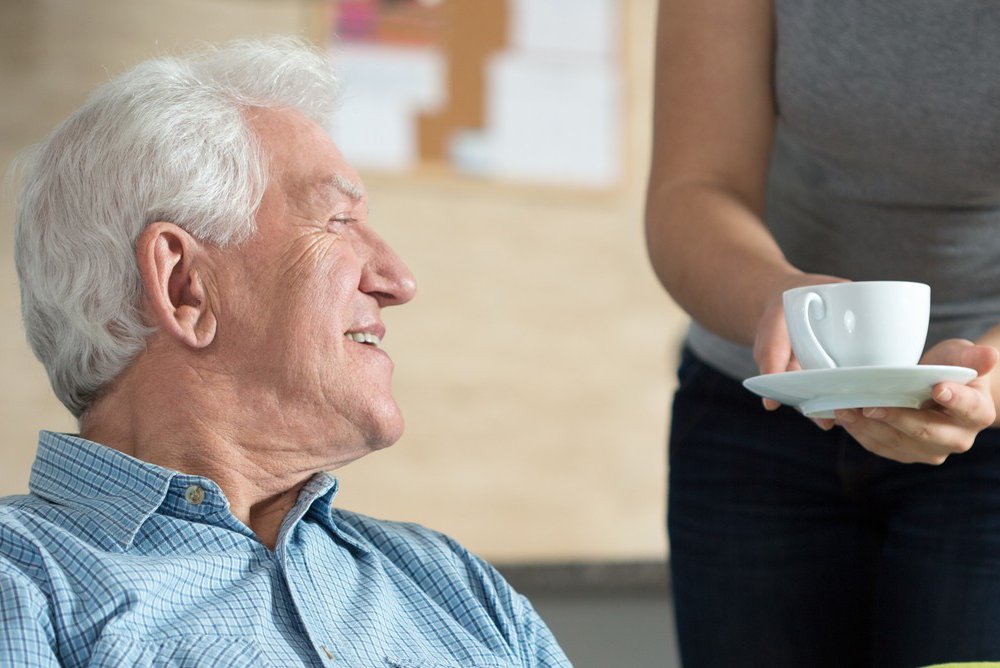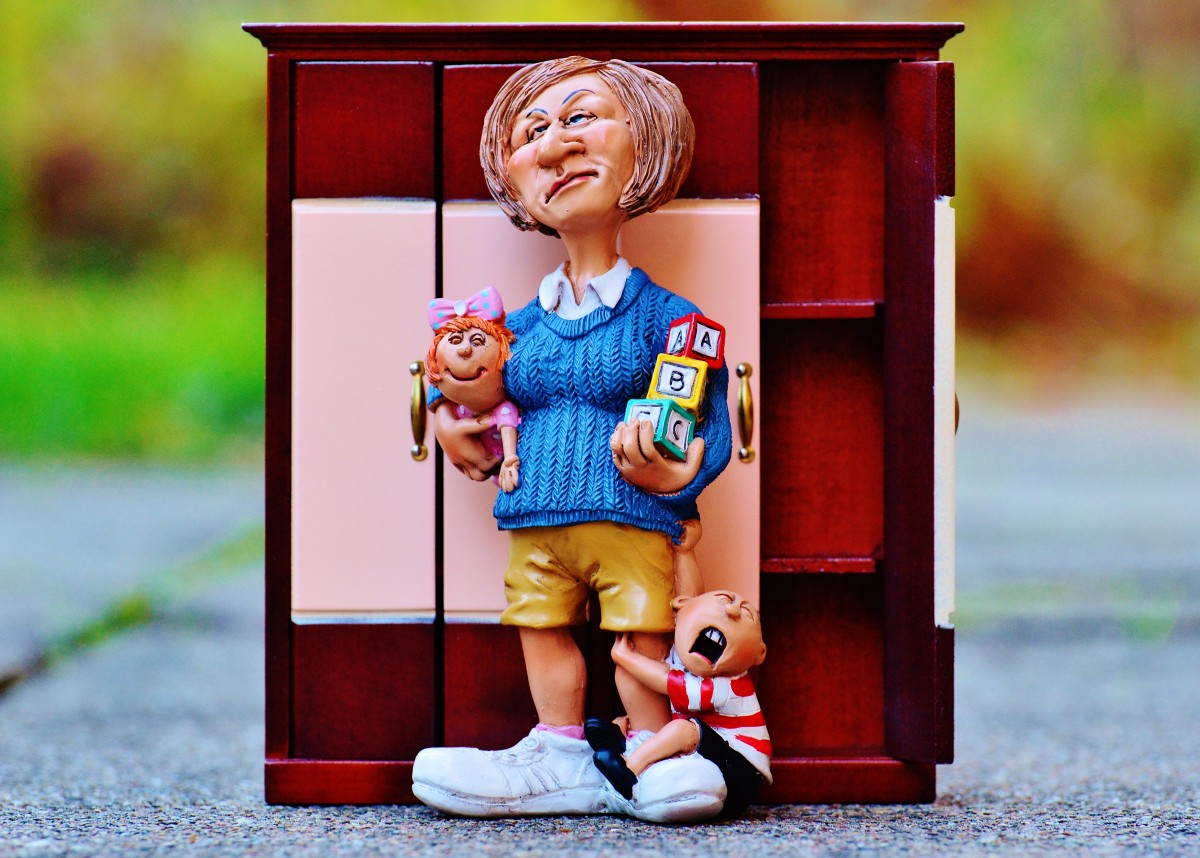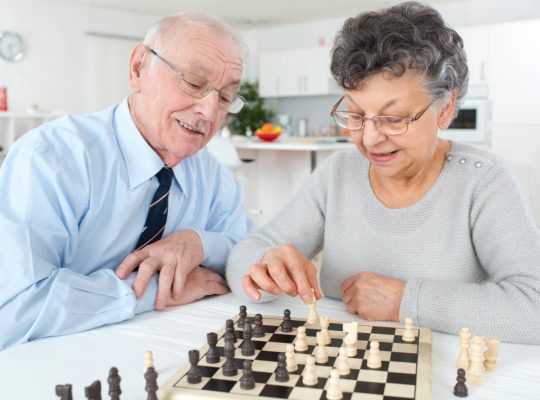Elderly care requires some changes in your lifestyle and, of course, in your home. Not sure what they are? Not to worry! That’s exactly what we’re going to tell you in the blog below. But if you haven’t yet checked out the first part of our article, you can do so here before reading below.
TIP 6: Appropriate Chairs
Exercise is good at any age, and it’s a way for your loved one to maintain flexibility and keep moving.
But as we age, agility is lost and it’s not as easy to jump off any chair and stand up. If you’re considering reducing the amount of furniture in your home, always keep one or more chairs that have:
– Long armrests, so you can hold onto them with your hands when standing up.
– High legs, with plenty of space between the floor and the seat, so you can put your feet in that space and gain momentum to get up.
TIP 7: Non-Slip Glasses
In addition to loss of fine motor skills, some chronic inflammatory diseases decrease joint strength. Medium-diameter, smooth-surfaced objects such as coffee cups and mugs become easy to grasp, but difficult to hold firmly, so they tend to fall.
One way to prevent “that slip” is to place 4 or 5 rubber bands around the glass. This simple measure will make it easier to grab your favorite drink.
TIP 8: Easier to Grab
When your hands are stiff, swollen or sore, it can be difficult to eat or brush your teeth. Brush and cutlery handles seem to be designed to make things very complicated for older adults.
The key is to give them more volume and this can be done by using some rollers that have foam.
TIP 9: Drawers or Cabinets
Minimalist decor is not very senior friendly and small door and drawer knobs (when they exist) are very hard to find and grab. One solution is to buy adhesive hanging hooks, especially those sold for the bathroom. They are usually sturdy and have a good adhesive to hold onto ceramic and tile when steaming.
So, sticking them horizontally on drawers, cabinet doors and kitchen cabinets will make it much easier to open them freehand.
TIP 10: The Home as a Pharmacy
If you are caring for an elderly person, medication management is probably one of your concerns. Unfortunately, when 2 or more chronic conditions co-exist, doctors opt for multi-medication regimens, which also increases the risk of carelessness and overdose.
Before the house resembles the counter of a negligent pharmacist, the best solution is to find a way to store them that tells us the time of intake and the number of doses needed per day. These annotations must also be understandable to the elderly person so that they can maintain some independence.
For this, it is not necessary to invest in expensive artifacts. A used or new toolbox with several small drawers or dividers can be used to organize medications. Each box can be used for one hour of the day, with a label indicating the number of pills to be taken at each time. Drawers can also be left for medications that are taken only once or a few times a week. Large, clear print will avoid confusion.
TIP 11: Elegance Is Not Practical
In all areas of the home, designs tend to be so sophisticated and elegant that manufacturers seem to forget about the accessibility aspect. Bathrooms and faucets are no exception. The more elegant they are, the less ergonomic they are. This is the case with short or low taps, where there is not much room to put your hands, and which make it difficult for small children, short people and the elderly to wash comfortably.
It’s not about investing a fortune to change the faucets in the whole house either. With a plastic shampoo bottle, you can adapt the kitchen and bathroom faucet so that blocking water is not a problem. Cut the neck and body of the bottle as shown in the picture and place the rest so that it acts as a gutter from the faucet to the hands. If you don’t want to lose the glamour of the decoration, you can remove it after use.
Always remember that providing 24-hour care for an elderly person is a very difficult task, even if it is done by several family members. In the short term, it will affect your personal, family and professional life. The tips above will certainly help make it easier for you. Do you have any other suggestions? Leave them in the comments below.






